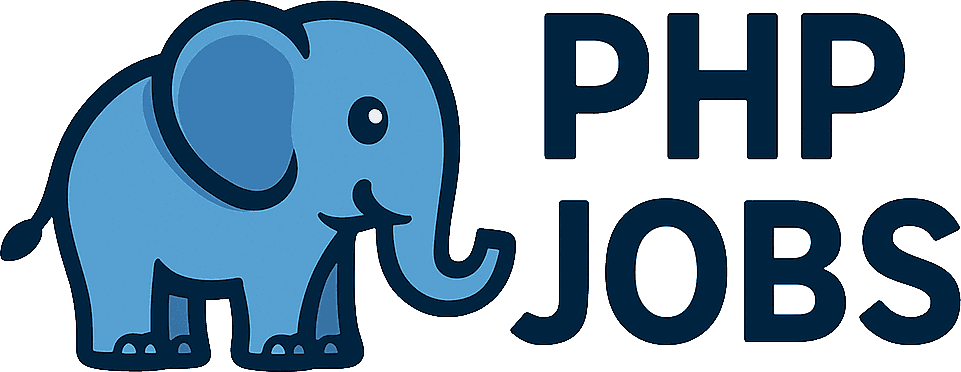Virtualization
Virtualization is the process of creating a virtual version of a computing resource, such as a server, storage device, or network. For PHP developers, this technology is a cornerstone of modern development workflows and deployment strategies, primarily through two forms: virtual machines (VMs) and, more commonly today, containers.
Virtualization in the PHP Development Lifecycle
In PHP development, virtualization ensures consistency between development, testing, and production environments. By defining the application's environment as code, developers can eliminate the 'it works on my machine' problem. This leads to more reliable deployments and easier onboarding for new team members.
Key Virtualization Technologies
Proficiency in modern virtualization and containerization tools is a highly sought-after skill for PHP developers, bridging the gap between development and operations (DevOps).
- Docker: The leading containerization platform. It allows developers to package a PHP application with all of its dependencies (like Nginx, PHP-FPM, and MySQL) into a standardized, portable unit.
- Vagrant: A tool for building and managing virtual machine environments. While less common now than Docker, it's still used for creating complete, isolated development environments.
- Kubernetes: An open-source container orchestration system for automating the deployment, scaling, and management of containerized applications like those built with Docker.





